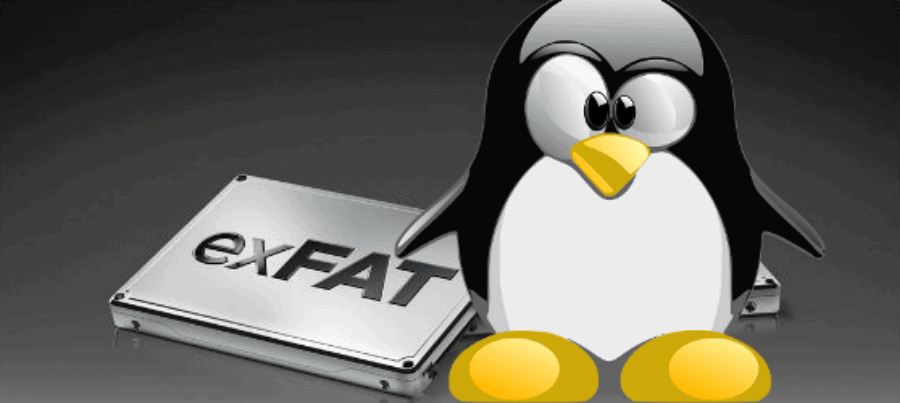Microsoft announced today that it will support the addition of the exFAT file system (Extended File Allocation Table) to the Linux kernel through the Open Invention Network. The exFAT file system has been developed for USB drives and SD cards by Microsoft.
"Today we are pleased to announce that Microsoft will support the addition of Microsoft's exFAT technology to the Linux kernel," said John Gossman, distinguished mechanical of Microsoft and a member of the Linux board.

Proprietary exFAT technology was introduced about a decade ago in 2006 as the successor to FAT32 in the FAT filesystem family. Today it is used by the vast majority of USB storage devices.
Although it is available free a FUSE-based exFAT FUSE for Linux users who want to have SD and USB cards in their computers, the Microsoft driver to offer a fully functional application.
Code for Linux exFAT will be available under the GPLv2 license.
Microsoft even published the technical specifications of exFAT on the Windows Dev Center website.
The Redmond also announced that it is "making exFAT's technical specifications free and available to all, and the exFAT code embedded in the Linux kernel will be available under a GPLv2 license."
For the story:
Microsoft was added as a member of The Linux Foundation in November of 2016, after Satya Nadella took over as CEO of the company.
The company also developed the Windows Subsystem for Linux (WSL), which allows users of Windows 10 and the Windows Server 2019 to run Linux files on their computers.
Redmond developers have recently started working with WSL2 which uses a genuine open source Linux Kernel that developed by Microsoft itself from the fixed version 4.19 of the Linux Kernel.





